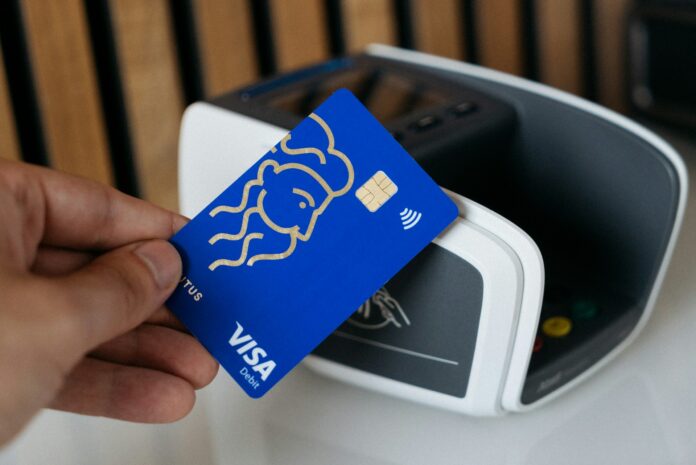Visa contactless payments: Andrew Torre highlights Saudi Arabia’s rapid shift to digital payments driven by Vision 2030 and fintech-friendly policies
Saudi Arabia is rapidly moving toward a cashless economy, with an impressive 98% adoption of Visa contactless payments for in-person transactions, according to Andrew Torre, Visa’s regional president for Central and Eastern Europe, the Middle East, and Africa. This significant increase from just 4% in 2017 is fueled by strong government support, growing consumer demand, and Visa’s technological investments.
Speaking at the FII New Africa Summit, Torre outlined the factors behind this rapid digital transformation, noting that the adoption rate is among the highest worldwide. “Just a few years ago, face-to-face transactions involved a card and a PIN. Now, almost every transaction is contactless—whether by card tap or increasingly through mobile phones,” he explained. Torre attributed this shift to Saudi Arabia’s digital-first Vision 2030 initiative, which seeks to position the Kingdom as a global innovation hub.
In response to this growing demand, Visa recently opened a new innovation centre and office in Riyadh’s King Abdullah Financial District. This is Visa’s fourth such centre globally and marks four decades of the company’s operations in Saudi Arabia. Designed to foster collaboration with local fintech firms, banks, and government entities, the facility focuses on advancing digital payment solutions through technologies such as artificial intelligence (AI), biometrics, and the Internet of Things (IoT).
Embed from Getty ImagesVisa’s establishment in Riyadh also reflects the Kingdom’s ascent as a regional leader in digital finance. Sultan Al-Obaida, Chief Commercial Officer of the KAFD Development and Management Company, commented on the strength of Saudi Arabia’s financial sector, which saw a 9.3 per cent growth in 2023 and a further 3.9 per cent increase in the first quarter of this year. “Visa’s arrival adds to Riyadh’s growing profile as a top-tier financial centre, attracting an elite network of banks, fintechs, and payment firms,” he stated.
Saudi Arabia’s supportive regulatory landscape has been instrumental in this transformation, with the Saudi Central Bank (SAMA) pioneering a fintech sandbox, allowing new entrants to test and develop financial technologies. This regulatory environment has enabled Visa and other players to innovate in embedded finance, cross-border remittances, and other emerging sectors. Torre praised SAMA’s approach, noting, “They understood the importance of fostering innovation and led the way by adopting a fintech sandbox, which has encouraged significant growth.”
While Visa contactless payments dominate in-person transactions, e-commerce in Saudi Arabia is also experiencing significant growth, expanding at an annual rate of 30%. Andrew Torre attributed this rise to the pandemic, which accelerated online shopping as consumers sought the convenience and safety of digital platforms. “The growth of e-commerce has not only supported large retailers but has also empowered small businesses by providing access to secure and efficient transactions,” Torre explained.
Small businesses, in particular, have benefitted from digital payments, gaining greater visibility and ease in managing transactions. Torre highlighted that digital transactions offer small enterprises a way to grow sustainably, supporting broader economic development goals set out in Vision 2030.
Looking to the future, Torre sees technology driving even more seamless payment solutions. As AI and automation continue to evolve, payments may soon occur automatically, tailored to the user’s preferences. He believes the current gap in cash usage—around 30 per cent of retail transactions—is set to shrink as digital payments become the default. “We’re seeing an increase in omnichannel retail, where consumers enjoy a unified experience across in-person, online, and mobile platforms,” he said, predicting continued growth in digital commerce.
Visa’s involvement in Saudi Arabia is an example of how collaboration between the private sector and government can foster meaningful progress towards a cashless society. By working together, Visa and Saudi regulators are pushing the boundaries of digital payment adoption, setting new benchmarks for the region.
As Saudi Arabia nears its cashless society milestone, Visa’s continued investments underscore the transformative potential of digital payments. From small businesses to major banks, all players in the Kingdom’s financial sector are aligning towards a shared vision: a modern, inclusive economy that leverages the latest technological advances.
